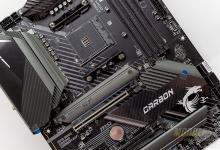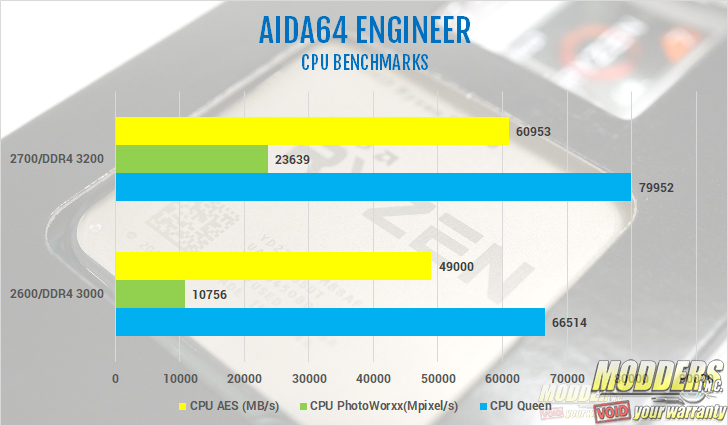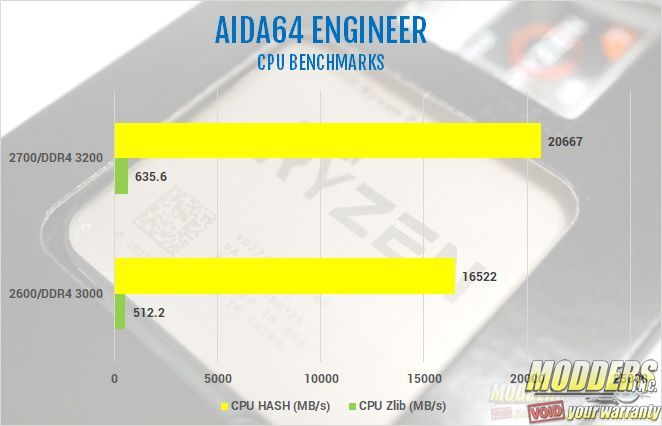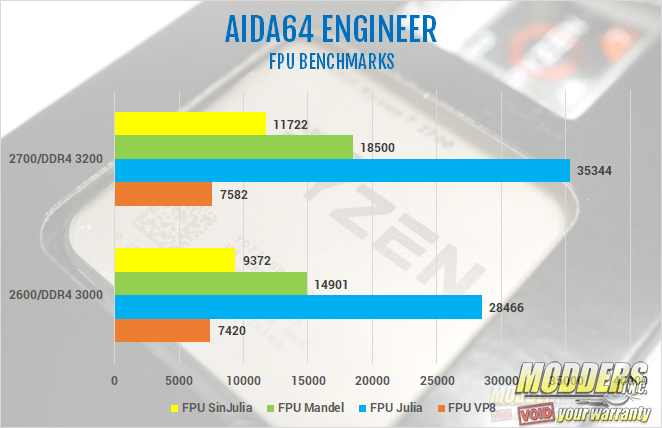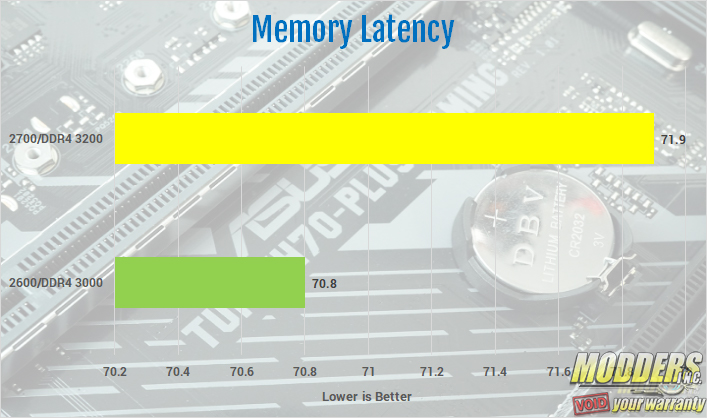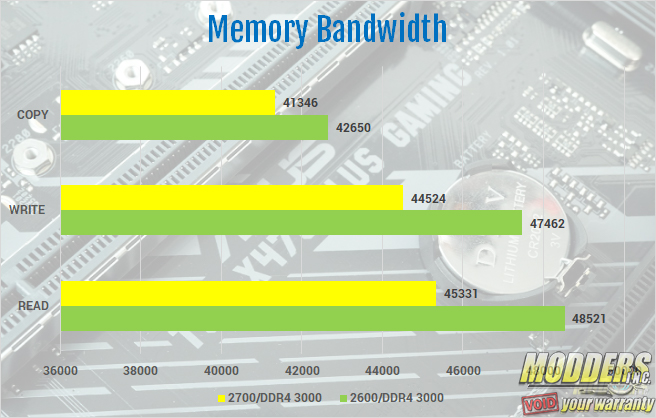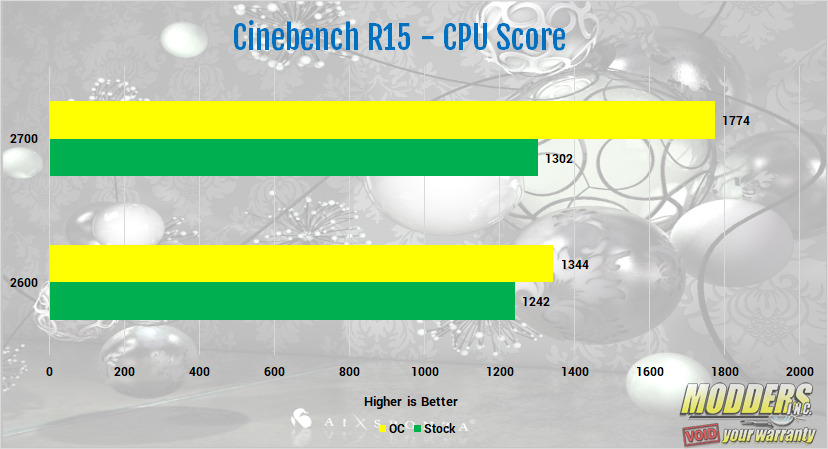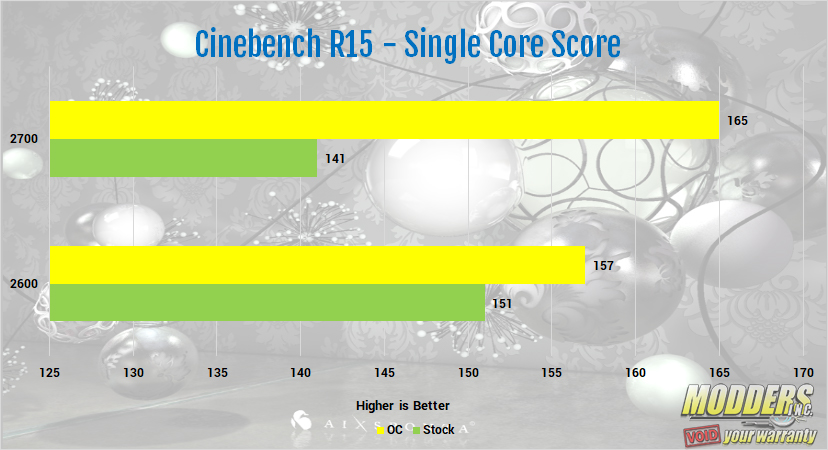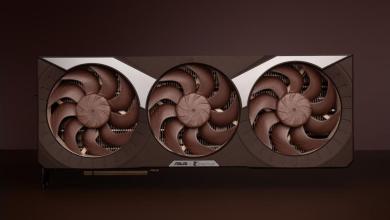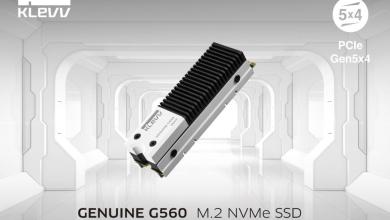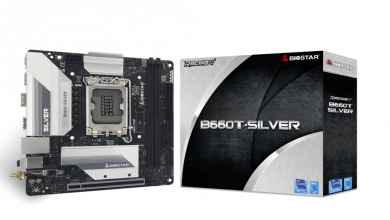General Performance Benchmarks
Testing and Performance
AIDA64 ENGINEER
AIDA64 has a set of several 64-bit benchmarks to measure how fast the computer performs various data processing tasks and mathematical calculations. Multi-threaded memory and cache benchmarks are available to analyze system RAM bandwidth and latency. Benchmark pages of AIDA64 Extreme provide several methods to measure system performance. These benchmarks are synthetic, so their results show only the theoretical maximum performance of the system. The AIDA64 suite has various benchmarks for CPU, FPU, GPU, storage and memory testing.
CPU Queen is an integer benchmark that tests branch prediction and misprediction penalties. CPU PhotoWorxx tests the SIMD integer arithmetic execution units of the CPU and the memory subsystem. CPU ZLib is a compression benchmark that tests the combined CPU and memory performance. CPU AES is a multi-core encryption benchmark that uses Advanced Encryption Standard data encryption. CPU Hash is an integer benchmark that measures performance using SHA1 hashing algorithm. FPU Julia measures single precision FP, FPU Mandel measures double precision FP, FPU Sin Julia measures extended precision FP while FPU VP8 is a video compression test utilizing the FPU Julia fractal module. A quick side note, each processor was tested with different memory, running at different speeds. Since each system was different, it’s not a side by side comparison
Memory Testing
The memory I used for testing is a 16 GB, 2 x 8 kit G. Skill Trident Z RGB, CAS 16. The first part of the AIDA64 memory test is the latency test. The latency is measured in nanoseconds. I did have some memory issues. I originally used a different kit that, when XMP was enabled, wouldn’t post. With XMP disabled, ran in only single channel mode. So, I swapped kits. The latency was a bit high at 71.9 nanoseconds. On the memory bandwidth test, the G. Skill Trident Z kit we used scored 45331 on the read, 44524on the write and 41346 on the copy. For the L1, L2 and L3 cache, the read, write and copy are on the charts below.
Cinebench R15
Based on MAXON’s award-winning animation software Cinema 4D, CINEBENCH is a real-world cross platform test suite that evaluates your computer’s performance capabilities. It has both the single thread and full performance test for your CPU, as well as an Open-GL test for your GPU. Cinebench R15 is one of the most widely used benchmarks used to test the performance. It puts the CPU under 100% load, but only for a very short time. It gives a good baseline for your CPU. However, I wouldn’t use it for testing the stability of an overclock. I ran the R7 2700 on both its stock settings and overclocked, as high as I could push them. At its stock speed of 3.2 GHz, the R7 2700 hit 1302 CB on multithread and 141 on a single thread. Overclocked to 4.167 GHz, the 2700 hit 1774 CB on the multi-thread test and 165 CB on the single thread test. I was very pleased with the results on Cinebench R15. I have included results from the R5 2600 for comparison.
